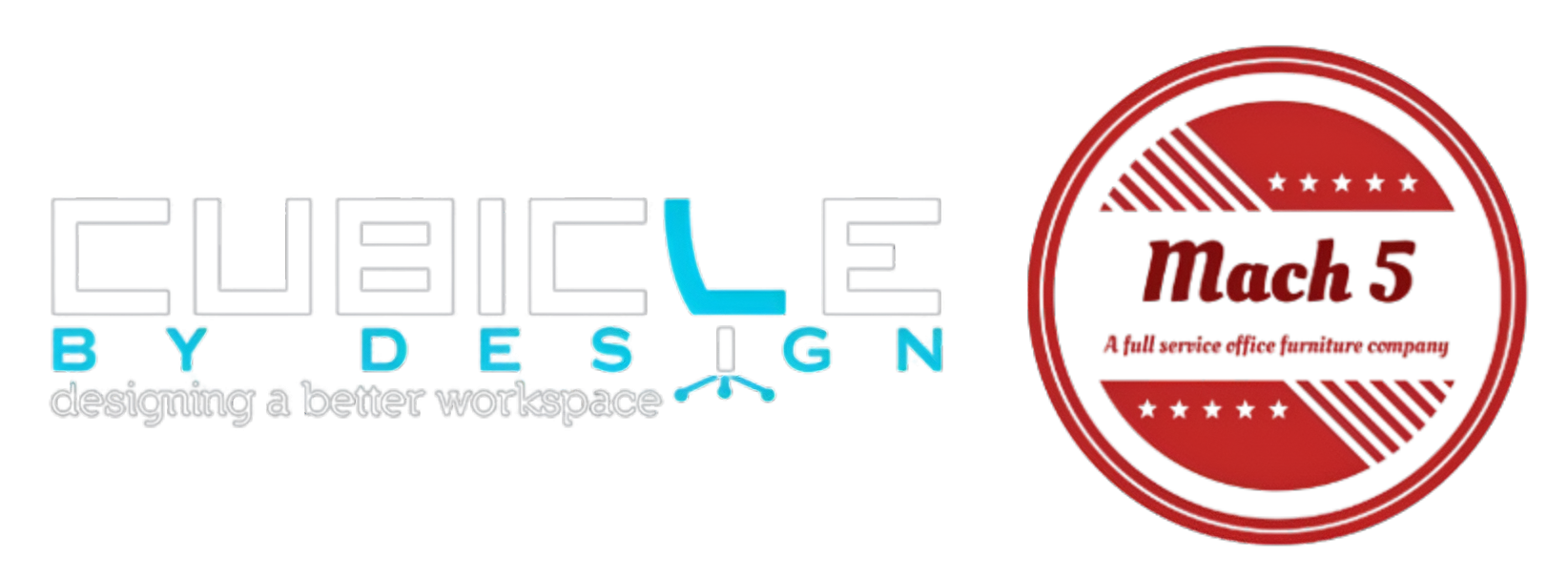29 Apr Downsizing Your Office? Tips On How To Use Your Space Efficiently
Downsizing Your Office? Tips On How To Use Your Space Efficiently
All too often, valuable office space goes unused. Whether you are moving to smaller office or just decreasing the available square footage of your current office, be sure to maximally utilize your space. With a strategical plan you can make your workspace appear larger, and encourage employee productivity. Consider these tips when mapping out your workspace.
Be “Size Wise”
Nothing makes a tinier workspace appear more claustrophobic than oversized furniture, so aim to purchase smaller office furniture. No room in the budget for new furniture? Simply donate the furniture pieces that take up a lot of space, but are not really used.
Brighten Things Up
Try to avoid dark colors, they can make the space seem more enclosed. Brighter colors will not only open up the space but can also contribute to a productive and positive psych. For example yellow inspires creative mind, blue stimulates sharper intellect and green offers a calm and collected temperament. Think about the mood you want to encourage when designing your workspace. Also, don’t forget that there is power in good lighting! Open up your blinds to let in some natural light, bring a little bit of outside-inside.
Prevent Clutter
When office space is limited don’t take up valuable real estate with clutter. Plus, there is research which indicates that clutter tends to disturb productivity, while an organized workspace fuels motivation and creativity. Utilize simple tools, such as a desk organizer and labeled folders. Eliminating unessential items leads to more space and more productivity.
Embrace the Cloud
In today’s day and age, why not take advantage of our innovative technology. Rather than keeping excessive amounts of paper, digitize as much as possible. Digital storing is time efficient and extinguishes the need for bulky filing cabinets. Consider uploading your files to cloud-based programs, allowing for data backup and instant employee access both in and out of the office. Remember, if making the switch to the cloud, to keep your information secure, as information is at risk on the Internet. Take precautionary measures to ensure maximum company privacy, by frequently updating passwords and monitoring for any suspicious activity.
Veer Vertical
To save space, build upwards! Install wall shelving, and stack them one on top of the other. Hang magazine racks to store accumulated magazines, newspapers, and papers. Items, such as reading lamps, televisions, and other electronics don’t need to occupy floor space—mount them. So, don’t limit storage space to solely your desk and grounded furniture. Think vertical!





